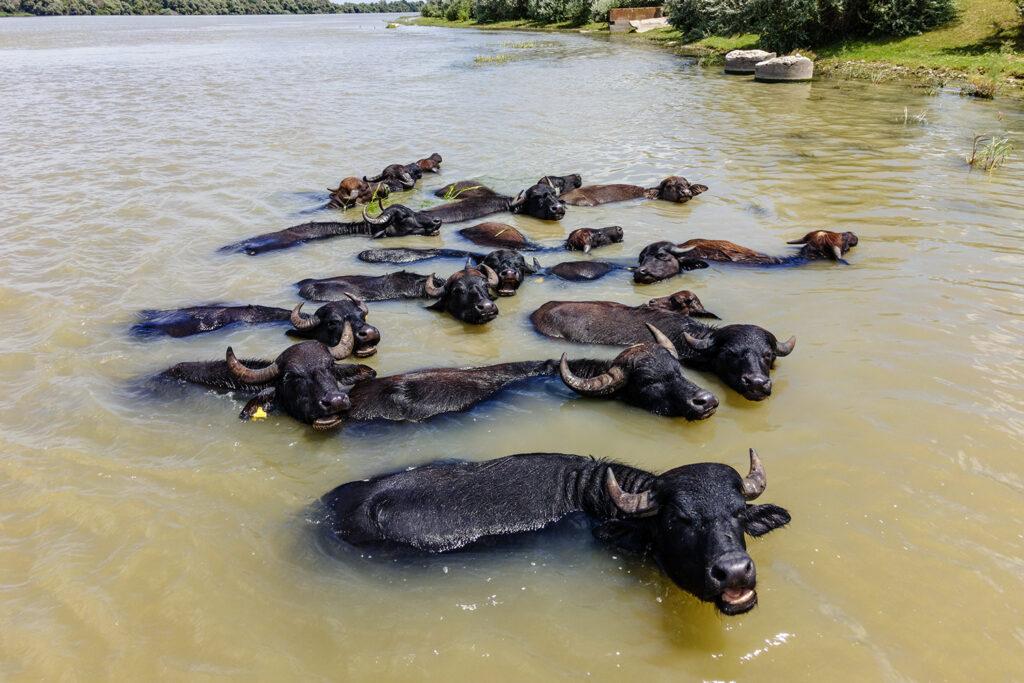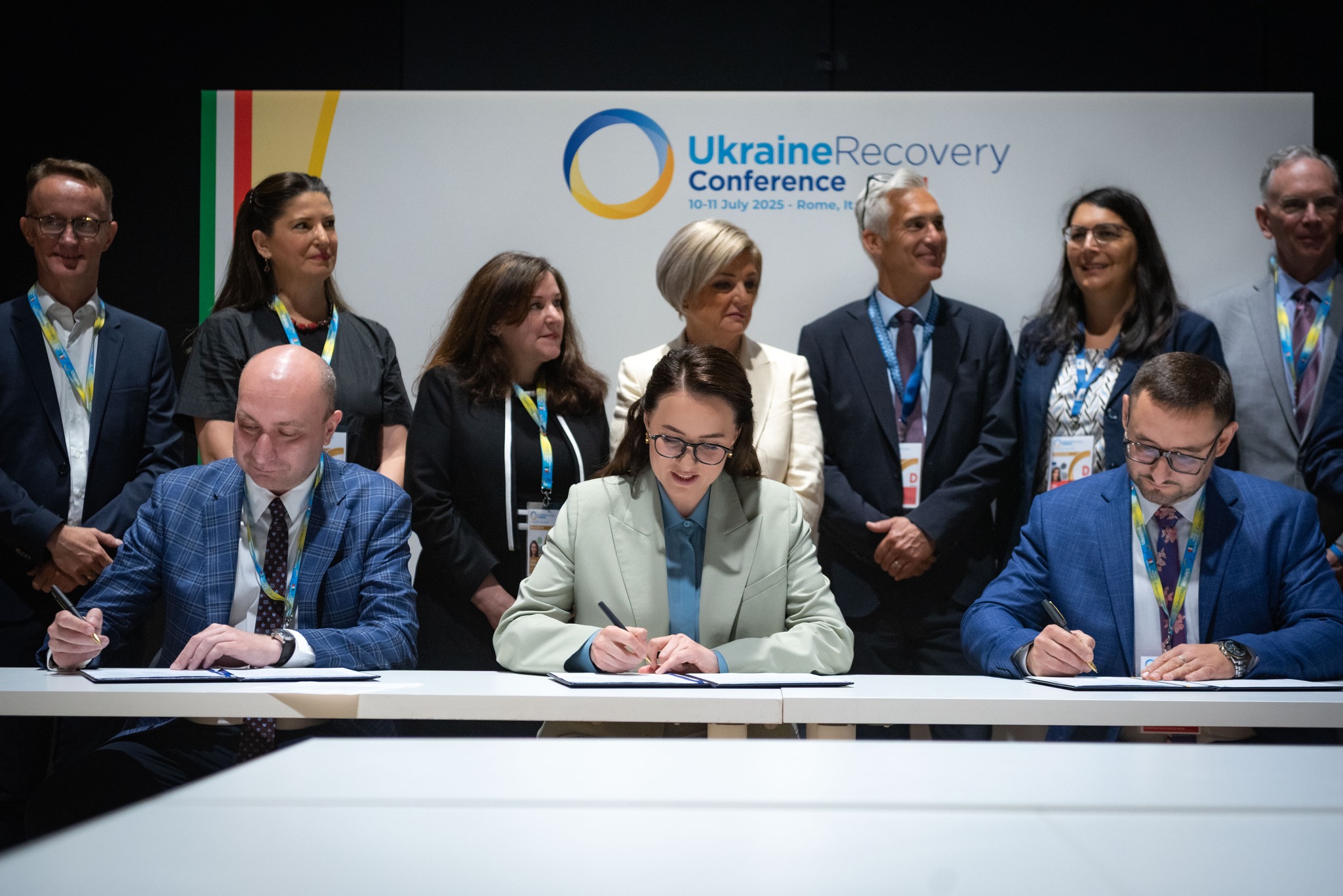A new UN report, set to be published today at COP 15, recognises the Danube Delta rewilding landscape as a European nature restoration showcase. The report aims to accelerate nature restoration by providing examples of inspirational nature restoration initiatives and the wide-ranging benefits they are delivering.
Photo: Rewilding in the Danube Delta is demonstrating the wide range of benefits delivered by landscape-scale nature restoration. ANDREY NEKRASOV / REWILDING EUROPE
A rewilding role model
The Danube Delta rewilding landscape has been recognised as a European nature restoration flagship in a report published today by the United Nations Environment Progamme (UNEP) and the United Nations Environment Programme World Conservation Monitoring Centre. The report, which will be released at the COP 15 biodiversity summit on Restoration Day, aims to support the acceleration of urgently needed restoration work across Europe by providing inspirational examples of the many benefits that restoration can deliver, both for nature and people. It follows a workshop held in May, in which the Rewilding Ukraine team took part, alongside four other European restoration initiatives.
“We are proud and humbled that the Danube Delta has been recognised as a showcase of European nature restoration,†says Rewilding Ukraine Executive Director Mykhailo Nesterenko. “Rewilding here is very much about engaging local communities and leveraging their historic knowledge in restoring essential ecosystem functions. There is now an urgent need and unique opportunity to scale up rewilding across Europe, and I hope our work will inspire many others to follow their own rewilding journey very soon.â€

Tangible benefits
The overall message of the newly published report is that rewilding and the restoration of ecosystems has huge potential in terms of reversing biodiversity loss, enhancing climate change mitigation and adaptation, and improving people’s health, well-being, and economic outlook – particularly in disadvantaged rural communities.
Rewilding efforts in the Danube Delta – which were scaled up at the end of 2018 with financial support from the Endangered Landscapes Programme and are continuing despite the ongoing war – are already bearing fruit and demonstrating the wide range of benefits delivered by landscape-scale nature restoration. Such efforts include work to restore the natural flow of water through dam removal and channel clearance, the reintroduction of keystone species such as kulan, steppe marmots and Konik horses, forest restoration, and the enhancement of natural grazing. In terms of benefits, good quality water, reduced risk of damaging wildfire, and access to restored meadows and pastures have all proven useful to local communities in the delta.

Accelerating European nature restoration
Despite the projected benefits, those looking to restore European nature face many challenges. It is often difficult to start new initiatives and to scale up existing ones to larger areas with increased capacity and funding.
Focusing on five nature restoration and rewilding initiatives – from the transboundary Danube Delta to the Gökova Bay to Cape Gelidonya Initiative in Turkey – the new UNEP report reveals how degraded ecosystems in Europe are today being effectively restored by organisations, local communities, and governments.
The report identifies a set of important enabling factors that help to promote restoration, including the definition of clear outcomes and monitoring. Capacity building and engaging local communities are also critical, with the delivery of socio-economic benefits key to the long-term success of restoration initiatives. The report is accompanied by a policy brief entitled “The Benefits of Ecosystem Restoration: Eleven Lessons Learned from an Analysis of Five European Restoration Initiatives“, which outlines how policymakers and government agencies can best support nature restoration.





















